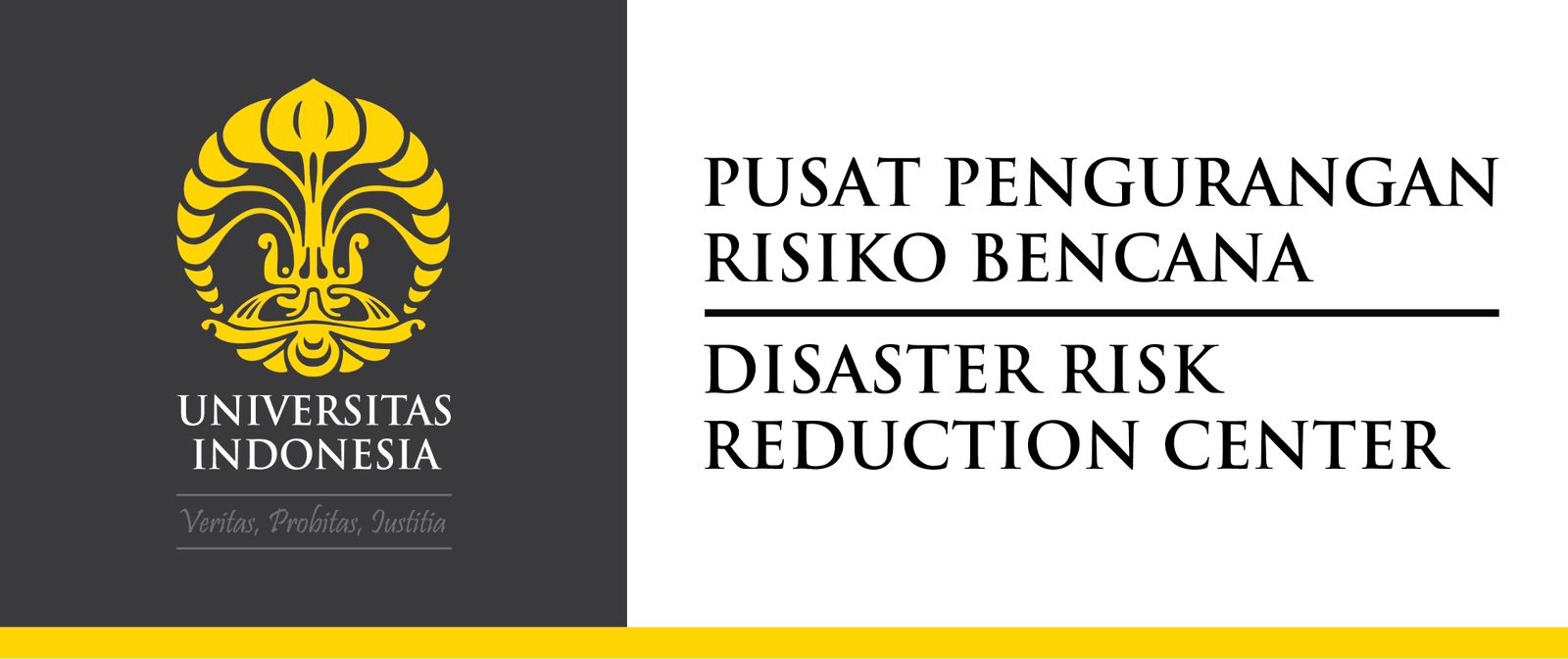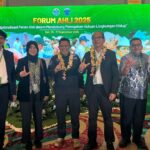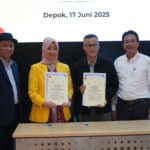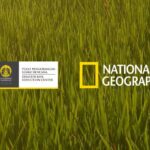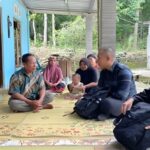UI Research Team Explores Smart Water Solutions in Kulonprogo Through Traditional Reservoirs and IoT Integration.
Dukuh Bendo, Desa Ngentakrejo, Kecamatan Lendah, Kabupaten Kulonprogo, DIY 2025
Kulonprogo, Yogyakarta – As part of an ongoing initiative to strengthen sustainable freshwater management in arid regions, the Disaster Risk Reduction Center Universitas Indonesia (DRRC UI) in collaboration with the Faculty of Public Health Universitas Indonesia (FKM UI) and National Agency for Research and Innovation of The Republic of Indonesia. (Badan Riset dan Inovasi Nasional ,BRIN, Republik Indonesia) have conducted a comprehensive field assessment in Dukuh Bendo, Ngentakrejo Village, Kulonprogo, Yogyakarta. The visit marks a critical early step in the project “Integrating Embung, an Indigenous Nature-Based Water Storage with IoT to Conserve Freshwater in the Arid Kulonprogo Landscape.”
The research team is led by Prof. Dra. Fatma Lestari, M.Si., Ph.D., who was recently named a National Geographic Explorer. This research was supported by the National Geographic Society through its World Freshwater Initiative.
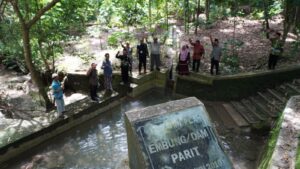
The project aims to integrate Indigenous water conservation practices—specifically the use of embung (traditional water reservoirs)—with modern Internet of Things (IoT) technologies to address freshwater scarcity and promote sustainable resource management. Additionally, the visit included benchmarking activities in neighboring villages across Yogyakarta that have already adopted effective freshwater management strategies. This comparative study will serve as a valuable reference for tailoring sustainable and community-centered water solutions in Dukuh Bendo.

In this visit, DRRC UI involved a multidisciplinary evaluation of both the physical and socio-cultural environment of the village. The team mapped existing embung infrastructure, assessed water-related challenges, and engaged in meaningful dialogue with local stakeholders to better understand traditional practices, community needs, and inline perceptions of technological integration.
Key observations from the field include:
- The presence of functioning embung infrastructure, though some require revitalization and improved management.
- Strong local knowledge of water conservation, but limited exposure to technology-based solutions.
- Social dynamics indicate a readiness for active participation in planning and monitoring processes.
Looking ahead, the DRRC team will will prioritize gathering baseline data related to assess the community’s knowledge on embung systems and perceptions of IoT integration. This data will be analyzed to guide the next phase of the project, which aims to develop a participatory water management model that incorporates technology while being rooted in local wisdom and ecological resilience .
This initiative reflects the growing importance of community-based innovation in addressing water scarcity, and the potential of combining traditional ecological knowledge with smart technologies for a more sustainable future.
